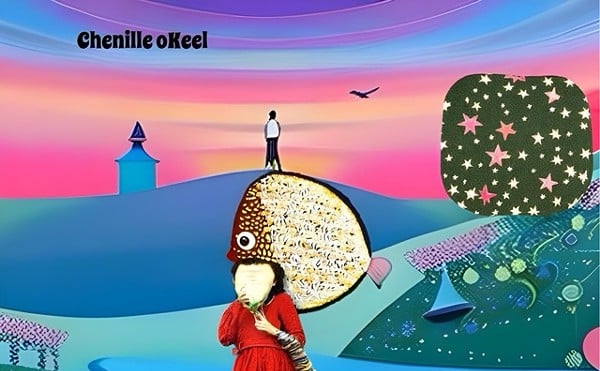God didn’t make me no monkey man
On the morning of the GOP primaries in Michigan and Arizona, my clock-radio woke me with a terrifying sound: Kid Rock was singing “Born Free” at a Romney campaign event in Detroit. After recovering from the aural assault, I got to thinking about the opportunity that Republican candidates — and especially the clowns tumbling through this year’s farce — perennially miss by failing to provide adequate soundtracks for their campaigns.
We occasionally get a laugh when a candidate invites the ire of an artist by hijacking a song without the permission of, and in ideological opposition to, said artist: You’ll recall kerfuffles between Reagan and Springsteen, George W. Bush and Tom Petty, Mike Huckabee and Boston (pursuant to the governor’s copping of “More Than a Feeling”). John McCain, in 2008, got wise to such unauthorized appropriation and instead directly enlisted the brutish country singer John Rich, who penned the ineffably awful “Raisin’ McCain.”
But watching this season’s grandstanding, the genuflection to the most hysterically backward-looking elements of the conservative “base,” and the giddiness with which old culture-war battles have been dug up and reanimated like so many putrescent zombies, I’ve come up with some song suggestions for the candidates. The adoption of one or more of these numbers — drawn strictly from Red State sources, since the front-runners aren’t — could embellish the Romney and Santorum road shows with a lively evocation of those pre-New Deal days of rampant inequality and ignorance to which they’re dedicated to returning. Here’s a cursory sampling:
Uncle Dave Macon — the first star of the Grand Ole Opry and, arguably, the first great performer of what would come to be called country music — cut “The Bible’s True” in 1926, a year after John Scopes was tried for teaching evolution in his science class. A number of sides of the “God didn’t make me no monkey man” variety were released in the wake of Tennessee v. Scopes; Uncle Dave sums them all up in his record’s opening remarks: Now, I don’t believe in evolution or revolution, but when it comes to the good old Bible … I’m right there. When the Dixie Dewdrop sings, God made the world and everything in it/He made man perfect and the monkey wasn’t in it, you can imagine Santorum flat-footing in time, piously perspiring through his sweater vest.
The Carolina Buddies’ “My Evolution Girl” (1930) is a similar option, and warns against amorous involvement with godless coastal elites: Her cheeks were red, her eyes did sparkle and her hair was chestnut brown/She believed in evolution and she lived in New York town.
Blind Alfred Reed was a fiddler, singer and composer who was especially good at squeezing treacly pathos out of gruesome current events — murders, accidents — but who, like Santorum, didn’t shy away from tackling issues best left to women. His 1927 “Why Do You Bob Your Hair, Girls?” cautioned ladies to Ask Jesus to forgive/Just promise him you’ll never bob it no more while you live. The record was so popular that he cut “Why Do You Bob Your Hair, Girls? No. 2” the same year. (Take warning, though: Reed also wrote the enduring Depression anthem, “How Can a Poor Man Stand Such Times and Live?” It’s not recommended for GOP use.)
While the great South Carolinian songwriter and mill worker Dorsey Dixon made some occupational records that wouldn’t fly with modern conservatives — songs about child labor, cruel bosses and paltry pay in the Carolinas’ textile mills — he and his brother Howard’s “Sales Tax on the Women,” which riffs on the states’ establishment of sales taxes in the 1930s, would go over famously with anti-tax thugs like Grover Norquist and the Club for Growth. The drawback here is that its humor is likely to be lost utterly, and the GOP might find itself in a schism over which is worse: taxes or, as Santorum recently railed against, “sensuality.”
On second thought, Santorum and Romney should stick with Dave Mustaine and Kid Rock. These songs are too good to waste.
Nathan Salsburg is an archivist and producer for the Alan Lomax Archive, curator of the Twos & Fews label, and a guitarist.






